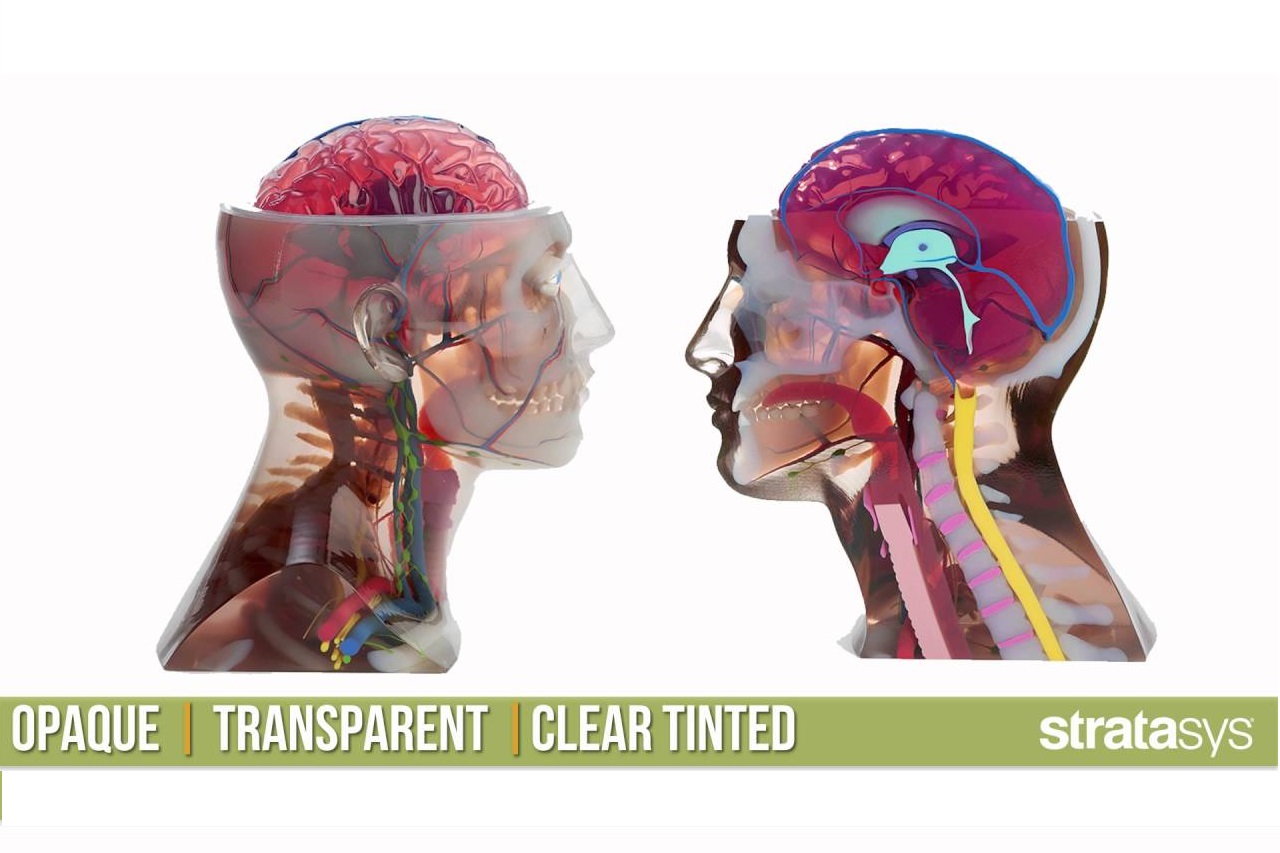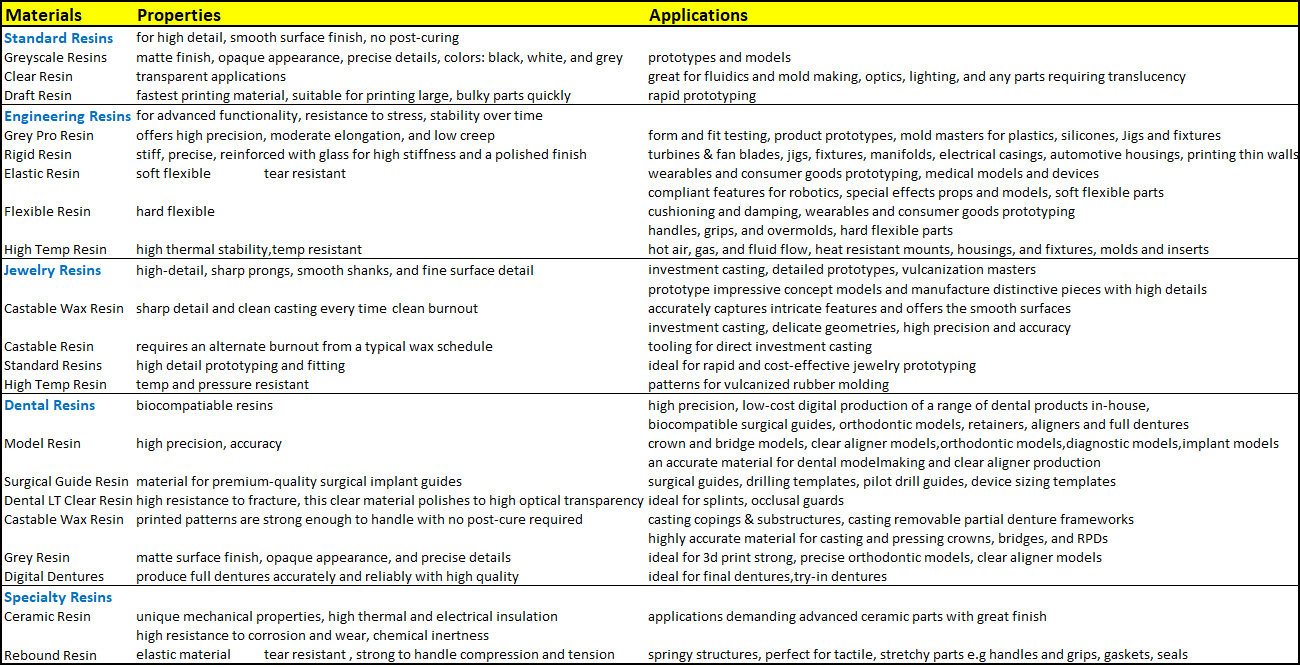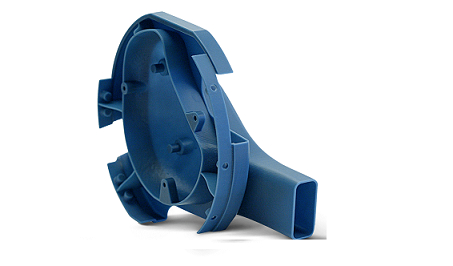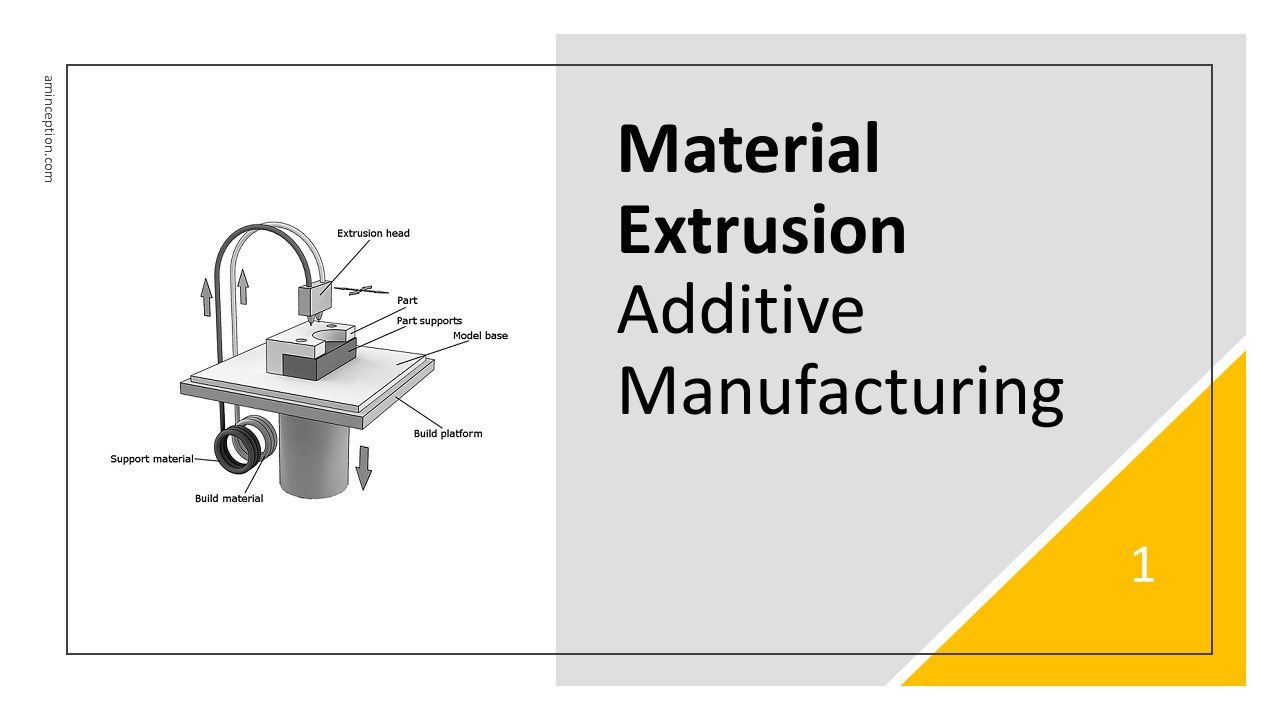Blog Details

Commercial photo-polymeric resins for material jetting 3D printing
Posted on
#Material Jetting #All applications #Aerospace #Mechanical #Electronics #Fashion #Architecture #Medical device #Health industry #Polymers #Composites
In our previous blog on photo-polymers for 3D Printing, we have
learnt that the photopolymers are used in two different AM processes; Vatphotopolymerization AM (SLA, CLIP, DLP, Multiphoton lithography), Materialjetting AM (Inkjet printing, Aerosol jet printing). Also, learned that the 3D
printing process of these methods is based on the photopolymerization, which
means that the photopolymers undergo chemical reaction to become solid when
they are exposed to ultraviolet range of radiation.
Let us now explore
commercially available photopolymer resins for material jetting (MJ) additive
manufacturing/3D printing.
As material must be deposited in drops in material jetting 3D printers, the number of materials available to use is limited. Polymers, acrylic photopolymers and waxes are suitable and commonly used materials, due to their viscous nature and ability to form drops. The maximum printable viscosity threshold for droplet formation methods is generally considered to be in the range of 20–40 centipoise at the printing temperature. Following is the list of materials available from makers of MJ 3D printers; 3D Systems MultiJet printers, Stratasys Polyjet printers.
Table 1. Photopolymers from 3D systems for material jetting 3D printers
Table 2. Photopolymers from Stratasys for material jetting 3D printers

Applications
Dimensional stability and accuracy of the printed parts with these materials are the main driving factors for using this printing technology in several industries. The MJ 3D printers provide higher dimensional stability and accuracy compare to other 3D printing methods. The MJ printers have application in health industry, mechanical and fashion industry.
Applications of the parts made of photopolymers include concept modeling, rapid design iteration for rigid plastic or elastomeric products, validation prototyping, design verification and testing, assemblies validation, including snap-fits, water-tight applications, fluid flow visualization, functional testing of plastic and elastomeric products. Also, biocompatible medical devices, Jigs, fixtures and tools, patterns, dies and molds for rapid tooling.


